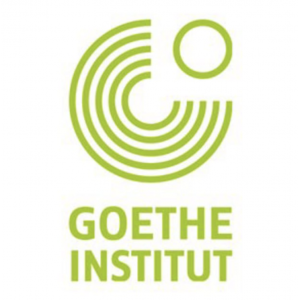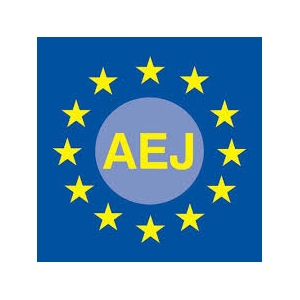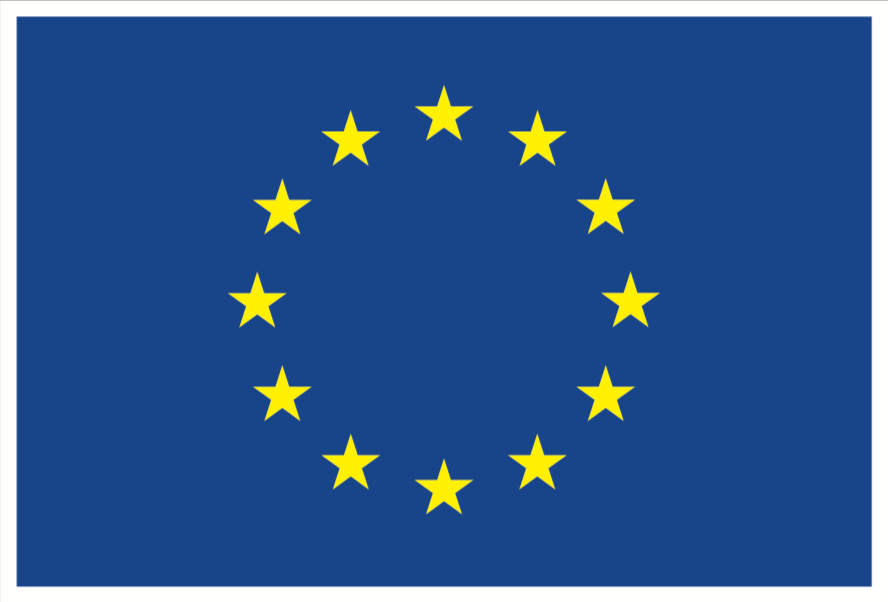euandi2019 reached a record number of
1.28 million users, who completed the questionnaire before the European Parliament elections. For the third consecutive time after the European elections in 2009 and 2014, the European-wide Voting Advice Application helped citizens find which party best matches their preferences in their country as well as across Europe. This positive trend in the number of users, helped by an extensive
media coverage across Europe, can also be explained by the higher elections’ turnout in comparison to the past rounds — an encouraging sign for democratic participation in the EU.
Moreover, the tool provides rich, reliable and comparable data on political parties in Europe that shows the evolution of politics in all EU Member States since 2009. Assessing the positions of political parties has long been a challenge for political scientists, and European elections bring additional difficulties because of the large number of political parties running at the same time. The
euandi2019 team of over 130 scientists from 28 countries managed to cover 272 political parties across 22 statements on a wide range of contemporary policy issues and political values in European politics. The data collected over three rounds of elections across Europe provides the academic community not only with cross-country measures of party positions, but also with longitudinal data revealing patterns of evolution between 2009 and 2019 in all EU Member States. The academic team behind the project believes this 10-year-long initiative will give the start to important high-quality research in the field of European party politics. All three datasets are publicly available for research at the links below:
EU Profiler (2009) - party data (
download) and user data (
download)
euandi (2014) - party and user data (
download)
euandi2019 - party and user data (
download)
EU Profiler/euandi trend file (2009-2019) – party data (
download)
When using one of these datasets, please cite the corresponding article as well:
EU Profiler (2009) - Trechsel, Alexander H., Mair, Peter, "When Parties (also) Position Themselves: An Introduction to the EU Profiler", EUI RSCAS, 2009/65, EUDO - European Union Democracy Observatory (available here)
euandi (2014) - Garzia, Diego, Trechsel, Alexander H., De Sio, Lorenzo, "Party placement in supranational elections: an introduction to the euandi 2014 dataset", Party politics, 2017, Vol. 23, No. 4, pp. 333-341 (available here)
euandi2019 - Michel, Elie, Cicchi, Lorenzo, Garzia, Diego, Ferreira Da Silva, Frederico, Trechsel, Alexander H., "euandi2019: project description and datasets documentation", EUI RSCAS, 2019/61 (available here)
For more information
contact us 














